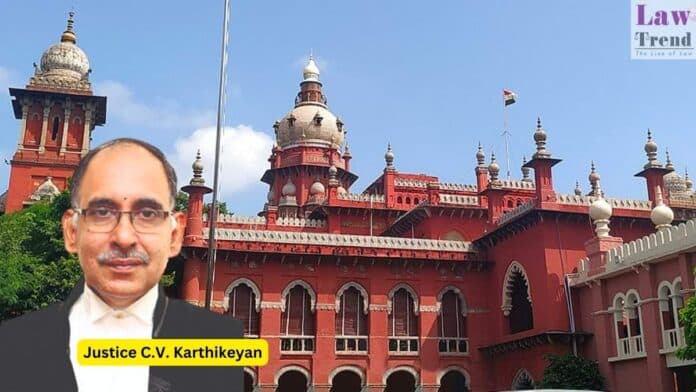In a significant judgment upholding transparency in governance, the Madras High Court has ruled that public servants’ assets and liabilities are not private information and cannot be fully exempt from disclosure under the Right to Information (RTI) Act. The court emphasized that while certain personal details may remain protected, public accountability mandates disclosure of key
To Read More Please Subscribe to VIP Membership for Unlimited Access to All the Articles, Download Available Copies of Judgments/Order, Acess to Central/State Bare Acts, Advertisement Free Content, Access to More than 4000 Legal Drafts( Readymade Editable Formats of Suits, Petitions, Writs, Legal Notices, Divorce Petitions, 138 Notices, Bail Applications etc.) in Hindi and English.




